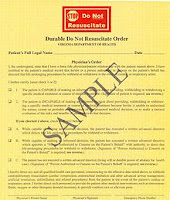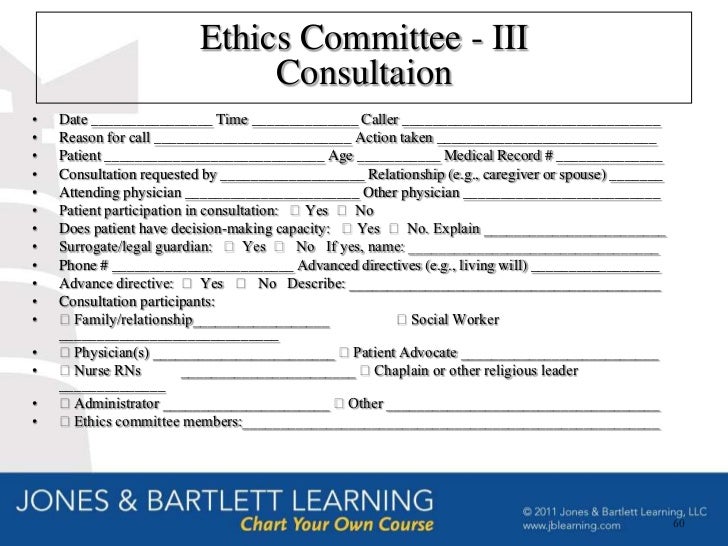Can family override advance directive
What is advance directive? How legally binding is an advance directive? Why do doctors ignore advance directives? If you’re faced with an end-stage diagnosis and want to make it easier for your family to carry out your wishes, you should learn how a healthcare advance directive can help you. The term advance directive can describe a variety of documents.
The family ’s decision to override the plain reading of his advance directive suggests that they may be merely substituting their own preferences under the guise of “substituted judgment. In some cases doctors ignore advance directives altogether. One reason is that DNRs can hurt the physician’s quality metrics. Quality measures are increasingly being made available to the public. Based on the framework, the paper argues that it is ethically appropriate for the physician and daughter to override the patient’s previously stated wishes in her advance directive and transfer her to the hospital for surgery.
However, having an advance directive can make the right decision easier and help avoid family disputes. The durable power of attorney for health care is the more useful and versatile advance directive , because it applies to all health care decisions and empowers the person you name to make decisions for you in the way you want them made. Sometimes family members try to override advance health care directives.

This might happen if a family member disagrees with their loved one’s decision to forego certain treatments or because they believe their loved one had changed their mind. Alternatively, you can create a new living will and the new document automatically replaces the old one. You may also want to provide copies to your family so they have an idea of your wishes. You can also revoke your living will by destroying it or signing a revocation document.
In this case, the advance decision must be written down, and both you and a witness must sign it. You must also include a statement that the advance decision applies even if your life is at risk. Planning ahead with an advance directive can give your principal caregiver, family members, and other loved ones peace of mind when it comes to making decisions about your future health care.
It lets everyone know what is important to you, and what is not. Talking about death with those close to you is not about being ghoulish or giving up on life, but a way to ensure greater quality of life. An oral statement can override a written advance directive. But physicians and hospitals should be careful in deciding whether the patient has changed his or her mind.
But the harm from such a rule might exceed the benefits, because it would not allow deviations from the advance directive even when warranted. It might be an interesting project to take a good subset of cases in which courts override advance directives and see if Bruce et al. Read more at feedproxy. Eventually, electronic health records may help. Meanwhile, the best advice I can find is that everyone should have an advance directive , discuss his or her decisions with doctors and family.
While the preferences expressed in an advance directive are for your aging loved one to choose, differing opinions from family members can sometimes create a tumultuous disagreement about those choices. CONTRACT relationships can state that the. Family Decisions By Jonathan Evans, M MPH, CMD Discussion This case demonstrates, among other things, the challenges and limitations of advance directives an hence, the limits of autonomy. Advance Directives vs. Mrs C could “ override ” the LW if “the time comes.
Three family members supported her interpretation. The care team enlisted our ethics consultation service to determine whether proceeding with the wife’s interpretation and treatment choice was ethically supportable. Just as with DNR orders, family members generally cannot override a patient- and physician-signed POLST order.

Accordingly, all efforts should be made to get patients, families, and providers on the same page before an acute event, to prevent confusion about the plan of care and distress for families and providers. Clearly outlined and frequently updated advance directives, discussed with family and surrogates, can minimize these pitfalls. Without such information, the surrogate is left to make a decision by the best interest standar ie, the surrogate must make a decision based upon what the surrogate believes is best for the patient.

Comments
Post a Comment